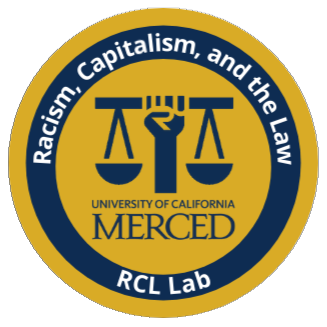Abstract
When middle-class and White residents move into working-class and poor Black neighborhoods, are there increases in the frequency of arrests of Black people? There are a handful of published articles that examine quantitatively the relationship between gentrification and policing. These studies focus almost exclusively on Los Angeles and New York City and the focus on racialized policing is limited. The present study considers racialized policing in a city that was, until very recently, majority Black and explores the extent to which gentrification and racial change in Washington, DC are associated with enhanced policing of Black residents. A spatial regression analysis which models the association between gentrification, White encroachment, and the policing of Black residents using arrest data from the D.C. Metropolitan Police Department and a gentrification score based on American Community Survey data reveals clear racialized and spatial disparities in arrest rates in Washington, DC. We hypothesized that census tracts experiencing gentrification and White encroachment would have higher drug arrest rates of Black residents. We found support for our White encroachment hypothesis but not for our gentrification hypothesis.

